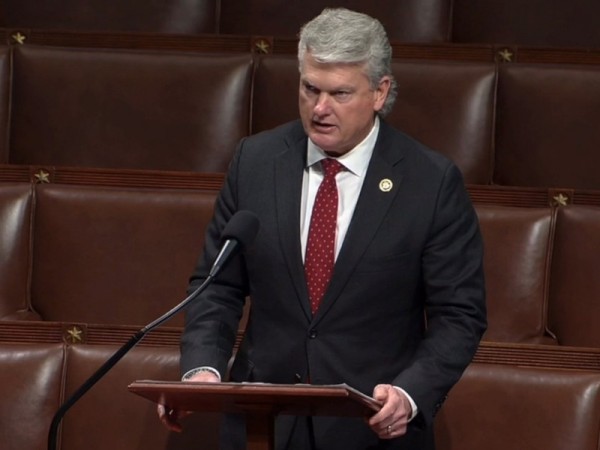Even though Georgia's congressional and legislative maps have gotten the go-ahead for the 20-22 elections, there is still a chance the maps will be thrown out after the elections.
Charles Bullock, a political science professor at the University of Georgia, said Tuesday that Judge Steve Jones of the U.S. District Court went further than just saying it was too close to the May 24 primary to make changes to the maps.
"What he also says in this 238-page opinion is that he sees evidence that on the merits, the plaintiffs probably could prevail, at least in part." Bullock said. "So this is not the end of this this case, it simply puts it on hold."
Jones' ruling on the maps rejected claims by racial and religious groups that the maps diluted black voting strength.
“The court finds that the public interest of the state of Georgia would be significantly undermined by altering the election calendar and unwinding the electoral process at this point,” Jones wrote in the ruling.
Candidate qualifying for the primary begins Monday.
Plaintiffs in the court case wanted an additional majority-black congressional district. Instead, with the new maps upheld, Republicans likely will win an additional seat in Georgia. The GOP already has a 8-6 majority.
Lawmakers redrew the boundaries of the Sixth Congressional District north of Atlanta to make the district include more conservative-leaning voters. The district's current incumbent, Democrat Lucy McBath, has said she will seek re-election in the more Democratic-leaning Seventh District, currently held by Rep. Carolyn Bourdeaux, who is also running again.
Jones based his decision, in part, on a U.S. Supreme Court case involving a similar suit about Alabama new congressional lines.
Jones indicated he'll hold a trial on Georgia's case at a later date to rule whether black voting strength has been diminished by Georgia's new maps.
"In these challenges, which are claiming that there is racial bias, you don't have to prove intent for that," Bullock said. "You can get by simply showing it had the effect or result of reducing the opportunities of minority voters to choose their candidates of choice."
If the judge does throw out the maps ahead of the 2024 election, the General Assembly would get the first change to redraw them.
"The legislature gets first crack at it," Bullock said. "What we've seen sometimes happen in the past is the legislature didn't take the challenge. Sometimes the legislature says it's just too hard, or we'll have to do in one of our friends, the ultimately the court would redraw them. What would happen would be that Judge Jones would hire an outside expert who would then come in and draw those maps."
Bullock said the judge didn't have the option to require Georgia to use its existing maps for this election cycle because population changes in the state made those maps obsolete.
"Over the course of the last decade, some parts of the state grew rapidly, some grew slowly and some didn't grow at all or lost population," he said. "So you have to come up with a new plan. That's why you couldn't have just leave in place the maps that we've used for the last 10 years."
















